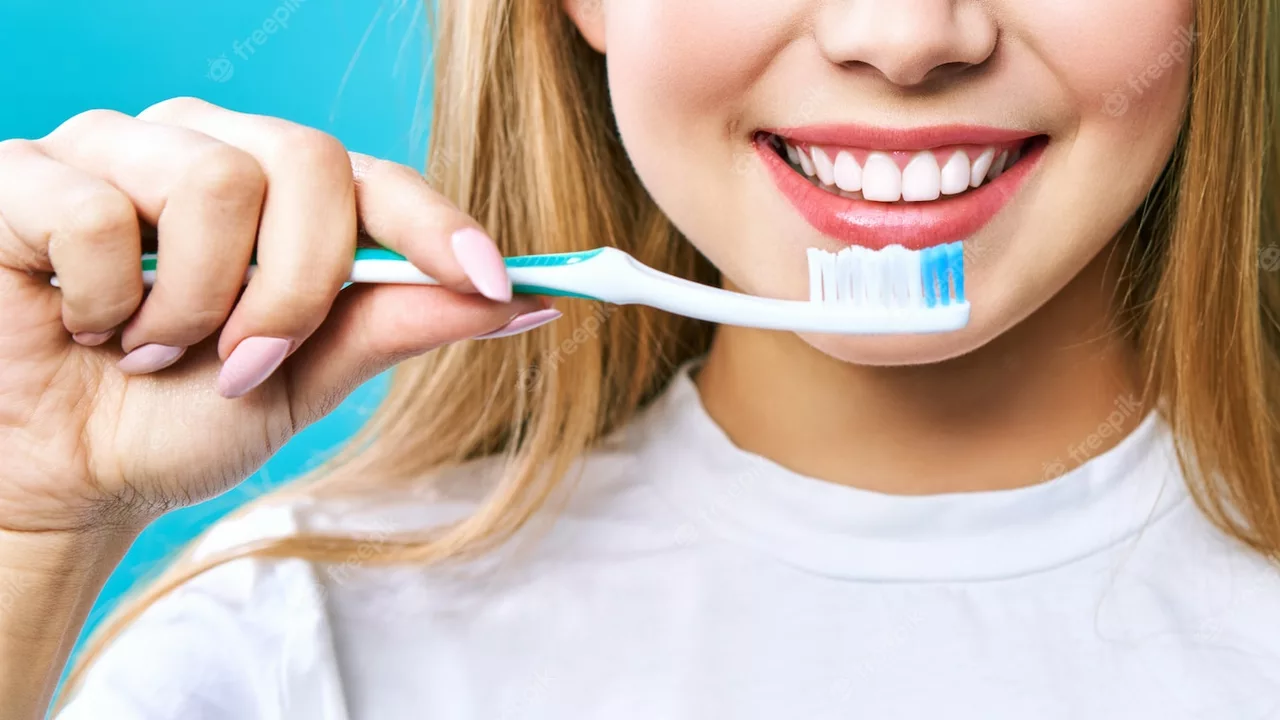Dental Care – Essential Tips for a Healthy Smile
If you think brushing twice a day is enough, think again. Your mouth reacts to everything you eat, drink, and even the medicines you take. In this guide we’ll break down what really matters for strong teeth and gums, and give you easy steps you can start today.
How Medications Impact Your Teeth
Many prescription drugs dry out your mouth, reduce saliva, or cause gum inflammation. A classic example is the Parkinson’s combo carbidopa‑levodopa‑entacapone. Users often notice a sticky feeling, more plaque, and faster decay because saliva isn’t doing its cleaning job.
Other meds—like antihistamines, certain antidepressants, or even high‑dose ibuprofen (think Motrin)—can have the same effect. The result? Bad breath, sore gums, and cavities showing up sooner than expected.
The good news is you can fight back. Keep a water bottle handy and sip throughout the day to stimulate saliva flow. Sugar‑free chewing gum with xylitol also boosts moisture and helps neutralize acids that erode enamel.
Everyday Practices to Protect Your Oral Health
Beyond managing medication side effects, three simple habits make a big difference:
- Use the right brush. Soft‑bristled heads reach hard‑to‑clean spots without damaging gums. Replace them every three months.
- Floss like a pro. Slide floss gently between each tooth, curving it into a C‑shape to scrape plaque away. If floss feels tricky, try interdental brushes or water flossers.
- Mind your diet. Limit sugary drinks and sticky snacks. Swap soda for water or unsweetened tea, and choose crunchy veggies like carrots that naturally clean teeth as you chew.
If you’re already dealing with dry mouth, consider saliva substitutes available over the counter or ask your pharmacist for a prescription rinse. Some patients find that adjusting the timing of their meds—taking them with food instead of on an empty stomach—reduces oral side effects.
Regular dental check‑ups remain vital. Even if you feel fine, a dentist can spot early decay, gum recession, or medication‑related problems before they become painful.
At SafeGenericPharmacy we not only sell affordable medicines but also provide clear guidance on how those drugs affect your whole body—including your smile. Browse our articles for deeper dives into specific meds and oral health, like the detailed look at Carbidopa‑Levodopa‑Entacapone and dental care.
Take these steps today: hydrate more, switch to a soft brush, floss daily, and schedule that dentist visit. Your teeth will thank you with fewer cavities, fresher breath, and a confidence boost every time you smile.

